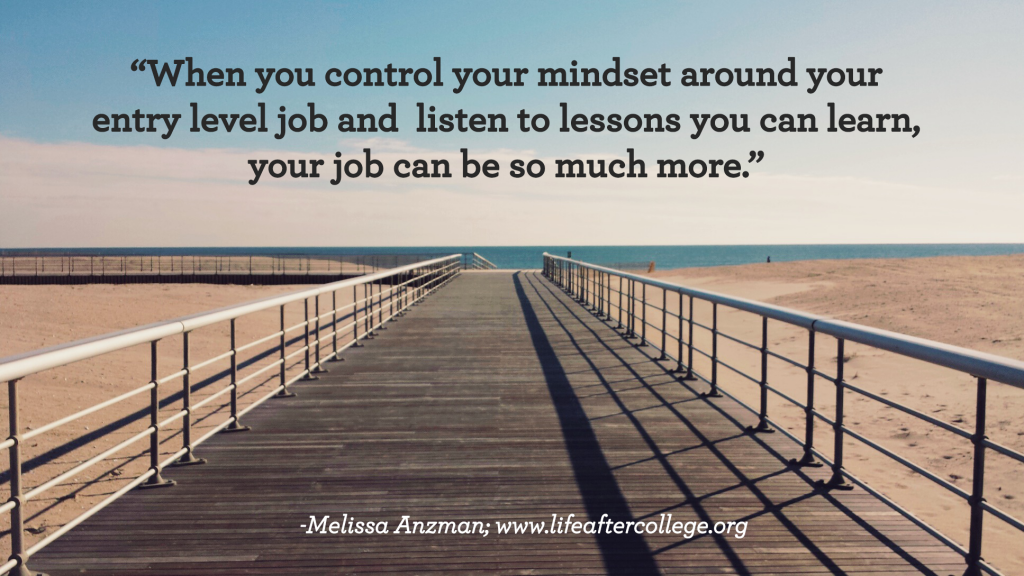Written by Melissa Anzman
I have a confession to make… it’s something that I’ve alluded to in the past, maybe even said it in different words, but it’s time to come clean. My “dream job,” the thing I was most passionate about, the thing I built my business around… sucked in reality.
Let me explain a bit more.
For ages, I kept hearing the advice: follow your passion. “When you do something you love, you’ll never work another day in your life.” And various other iterations of the passion is awesome advice.
First I agonized over what the heck “finding my passion” meant… and how to go about doing that. I had always approached work as following opportunities and leveraging my strengths or growing my skills. I didn’t understand how passion should be incorporated into that. But I kept searching and finally “found my passion.” Or maybe, what my ideal job is.
I spent time figuring out what my ideal day looked like, listing out all of my skills, what I did and didn’t want in my future career, and so on. And all answers pointed to me being my own boss. If you know me, that’s not a far stretch.
So I opened a career coaching business… and felt burned out within a year. It’s not that I didn’t like what I was doing or the people I was working with it, it’s that it felt like a J-O-B again. And my default with that feeling is, “If I’m going to work in a J-O-B, I may as well go back to corporate and get a high paying job that makes me feel the same way as I do now.”
Not the right mindset, I’ll be the first to admit. But I have this weird career-quirk, maybe it’s a personality quirk, I’m not sure. But when I feel like I’m “in a job,” I am MISERABLE. That’s not me being overly dramatic, it feels so taxing and awful and… miserable. Everything else in my life suffers to.
And I felt lied to – I followed my passion, I created a business based around it, and within a year, that same corporate drone misery set-in. Again.
So I followed the next shiny object – another passion of mine. Hey, follow your bliss, right? Built another company around that passion and thought the problem was solved.
But of course, the same thing happened. I hit my burnout point or “misery level”… and was left feeling stuck and like a huge failure (even though I had officially created two successful businesses!).
Why am I telling you this? First, to let you know that if you’re feeling the same way, you’re definitely not alone. Sometimes your passions don’t pan out as a business or career choice. It’s not you, you’re not failing in some way, you’re not defective (like how I felt). Also, to let you know that passions don’t have to be forever things. And sometimes, when you build your career around your passion, it kills it.
Of course I keep pivoting to new paths and ideas, trying to find the intersection of my skills, my “passion,” and what people will pay me for. Or better yet, how I can build something that has a shorter shelf-life, but continues to move me forward on my path.
Oh, and that “passion stuff”… I’ve started to look at it as things I like doing. Not what gets me out of bed. Not what is an awesome hobby. But what I wouldn’t mind doing for work.
Maybe follow your passion was the worst advice I’ve ever gotten – but I’ve learned that passion flame outs, don’t equate to failure. And more important – for me, passion needs to stay in my side projects/hobbies. Not the center focus of my business (unless I’m ready to explore a new passion!).
About Melissa
Melissa Anzman is the creator of Launch Your Job where she equips ambitious leaders with practical ways to grow their career. She is the author of two books: How to Land a Job and Stop Hating Your Job. Follow her@MelissaAnzman.


 About Melissa
About Melissa






